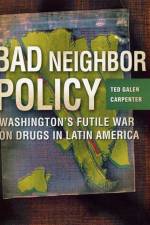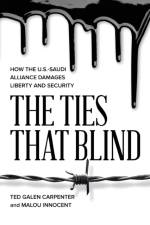- The Benefits and Pitfalls of America's Alliances with Authoritarian Regimes
av Ted Galen Carpenter & Malou Innocent
271
Liberal democracies such as the United States face an acute dilemma in the conduct of foreign relations. Many states around the world are repressive or corrupt to varying degrees. Unfortunately, American national interests require cooperation with such regimes from time to time. To defeat Nazi Germany during World War II, the United States even allied with the Soviet Union, despite the barbarity of Josef Stalin's regime.But such partnerships have the inherent danger of compromising, or even making a mockery of, America's values of democratic governance, civil liberties, and free markets. Close working relationships with autocratic regimes, therefore, should not be undertaken lightly. U.S. officials have had a less than stellar record of grappling with that ethical dilemma. Especially during the Cold War, policymakers were casual about sacrificing important values for less-than-compelling strategic rationales. Since the 9-11 attacks, similar ethical compromises have taken place, although policymakers now seem more selective than their Cold War-era counterparts.In Perilous Partners, authors Ted Galen Carpenter and Malou Innocent provide a strategy for resolving the ethical dilemmas between interests and values faced by Washington. They propose maintaining an "e;arm's length relationship"e; with authoritarian regimes, emphasizing that the United States must not operate internationally in ways that routinely pollute American values. The degree of appropriate cooperation with an authoritarian regime should vary depending on the severity of the security threat the United States faces in each situation, how valuable a given ally is in meeting that threat, how odious is the ally's domestic conduct, and whether there are reasonable alternatives for achieving U.S. strategic objectives. It is a strategy based on ethical pragmatism, which is the best way to reconcile America's strategic interests and its fundamental values.





